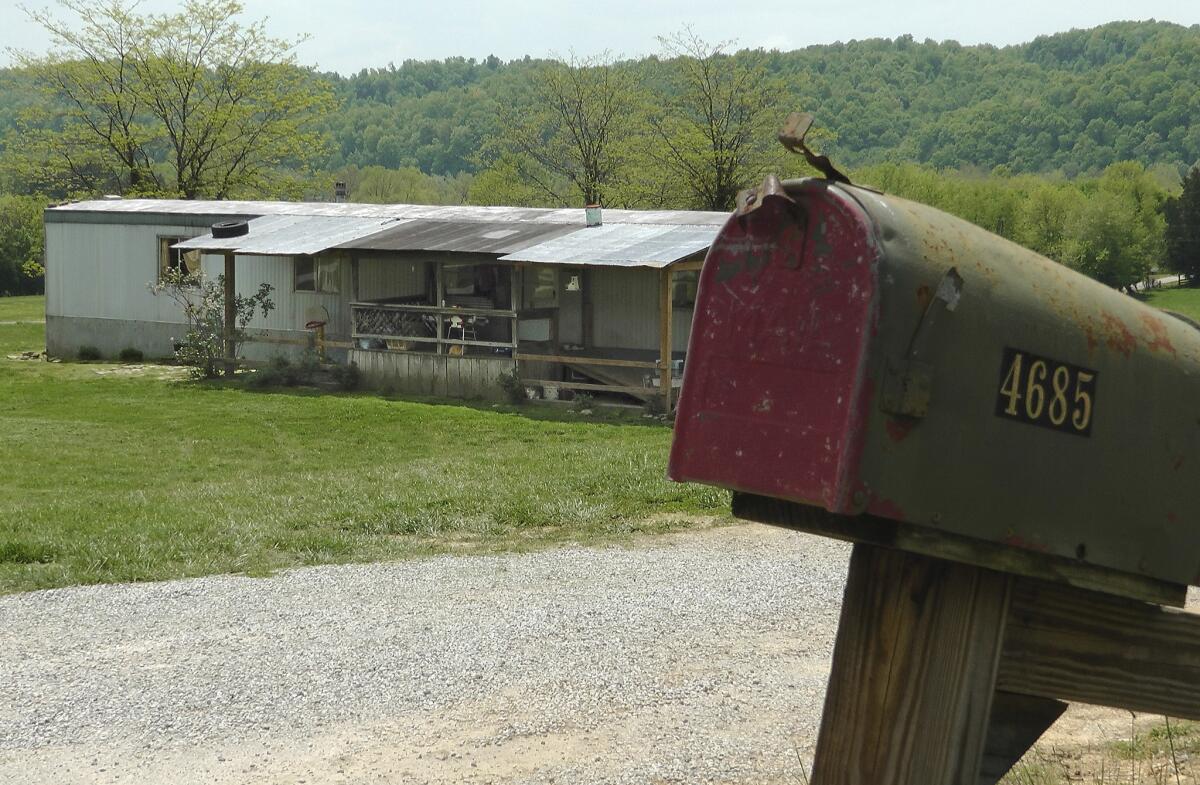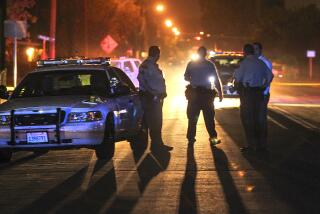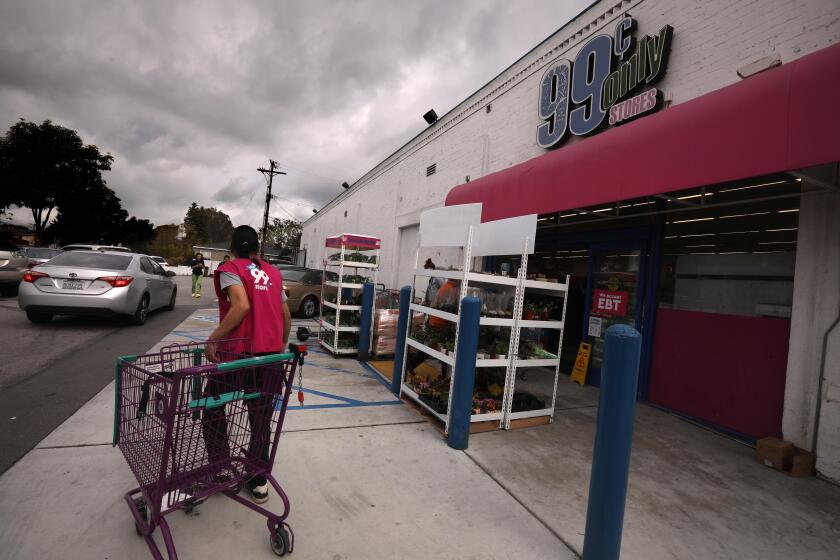Opinion: Gun accidents need serious handling and solid data

Hours before a memorial for Isla Vista victims last Tuesday, a UC Santa Barbara student was, he said, playing with his Glock handgun — one of the seven guns he legally owns — when it went off accidentally. The round went through a wall, struck a TV stand and almost hit his neighbor.
No one was hurt, but sheriff’s deputies arrested him for negligent discharge of a firearm and for possessing a high-capacity magazine for his assault rifles.
How often does it happen the opposite way? How often is someone hurt, or killed, when a gun accidentally goes off, and no one is arrested?
Just because someone had no intention of hurting another doesn’t necessarily excuse legal culpability. People can get arrested in car accidents where there’s injury or death, even when alcohol isn’t involved. Injuries or deaths in industrial accidents can result in big fines and civil suits, although rarely time behind bars.
Forty or 50 times each day — 14,000 to 19,000 times a year — someone in this country is shot and wounded accidentally. In one year — 2010 — more than 600 people died in accidental shootings, and that does not include suicides.
A New York Times report last year uncovered an undercount of children’s deaths from accidental shootings, in part because how those deaths are reported and classified varies from state to state.
What happens after all these deaths, however, is apparently even more variable. There don’t seem to be solid, consistent numbers from states or nationwide on when and why people are charged after accidental shootings — and there should be.
One reason (which can be a sound one) for the inconsistencies is that prosecutorial discretion is at work, and when a family member is killed, law enforcement may be understandably reluctant to add to a family’s suffering with any charges, at least not right away. In Boerne, Texas, where last week a 2-year-old took a loaded gun out of the console of his parents’ Jeep while they were moving boxes and shot and killed himself, a police lieutenant said, “We want to give them time to grieve and make the necessary arrangements, and then after that we can talk to them.”
A dead child, a dead parent, a dead spouse is probably punishment enough — a lifetime sentence, in its own way.
Adam Winkler, the UCLA constitutional law professor who studies gun laws, agrees that accidental shootings are rarely prosecuted. “You might expect some prosecutions for negligent failure to secure a firearm. And I imagine that there’s some civil litigation by insurance companies over responsibility in accidental shooting situations, which may be covered by insurance policies.”
Criminal prosecution in family shootings, he pointed out, might be rare “because the cases are unattractive to jurors. Accidental shootings happen most often in the home, which means the defendant is already a victim of the tragedy.”
In Minnesota, a man who kept a loaded handgun hidden in his bed was convicted of two felonies after one of his sons used the gun to kill another son. But his potential four-year prison sentence became time served, 10 years’ probation and community service — 100 hours speaking about gun safety. In Michigan, prosecutors went after a man who accidentally wounded his wife while trying to shoot a rabbit, and last week, the man pleaded guilty to two misdemeanors.
Just toting up a handful of accidental shootings convinces me that more should be done to track the stats. Consider these incidents from the last week or two:
- A man shopping in an Indiana Wal-Mart last month was carrying a loaded gun. It fell out of his pants and fired. The bullet grazed a woman pushing a shopping cart with her newborn baby in it. The man was not charged.
- In Humboldt County, a “juvenile male,” in the words of the sheriff’s department, was shot in the abdomen because “two juvenile males” had a 9-mm handgun and “an accidental discharge of the firearm occurred” — note the passive voice, as if the gun somehow fired itself.
- A 10-year-old Vermont boy accidentally killed himself with a .22-caliber revolver while hunting with his family.
- A 3-year-old in Payson, Ariz., shot and killed his 18-month-old brother with a handgun he found in the apartment of an elderly man his family was visiting.
- An Ohio man handling his gun in his bedroom accidentally shot through a wall and killed his wife of 50 years, the grandmother of a Green Bay Packers defensive lineman.
- A Georgia teenager was killed on a fishing trip with his father when the rifle they took with them accidentally fired.
Public health officials, political leaders, law enforcement and scholars deserve to get more thorough data on these shootings and their consequences, to make policy if necessary and to look to their own policies.
Winkler agrees that “we need more reliable studies on accidental shootings.”
Maybe the policymakers would also conclude that the solution in almost every case is not any time behind bars, especially not in the case of a family shooting. But they might decide that it’s wise, in some instances, to take away the owners’ guns for a time, or for good, the way a careless driver’s license may be revoked or suspended, and to require community service related to gun safety, as in the Minnesota case. But to let too many injuries or deaths pass, and pass without the circumstances and legal follow-up being collected, correlated and analyzed when the instrument of injury is a gun, and not a car, or a crowbar, or toxic chemicals — it doesn’t pass the justice smell test.
More to Read
A cure for the common opinion
Get thought-provoking perspectives with our weekly newsletter.
You may occasionally receive promotional content from the Los Angeles Times.







